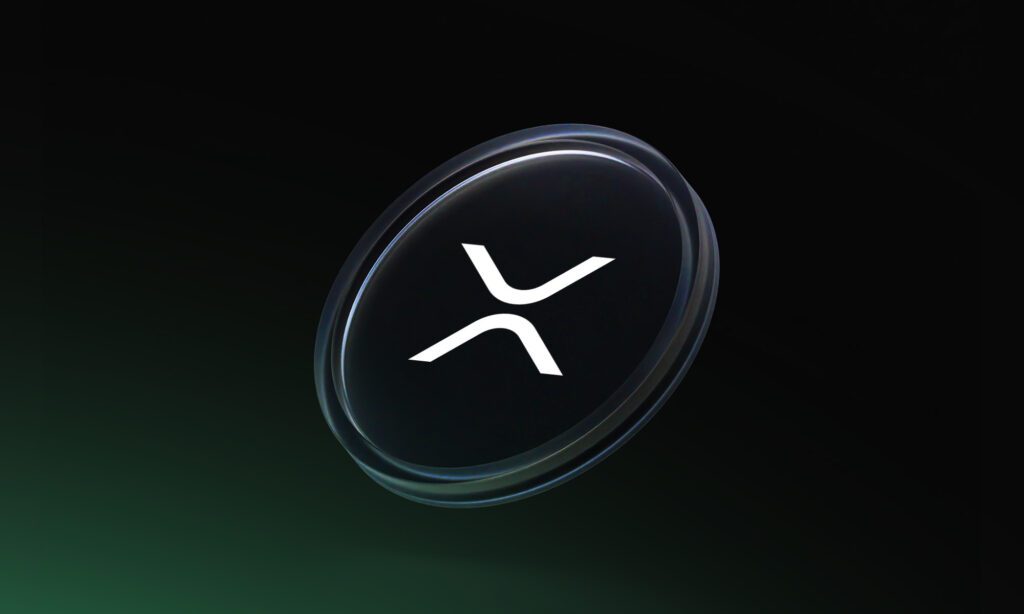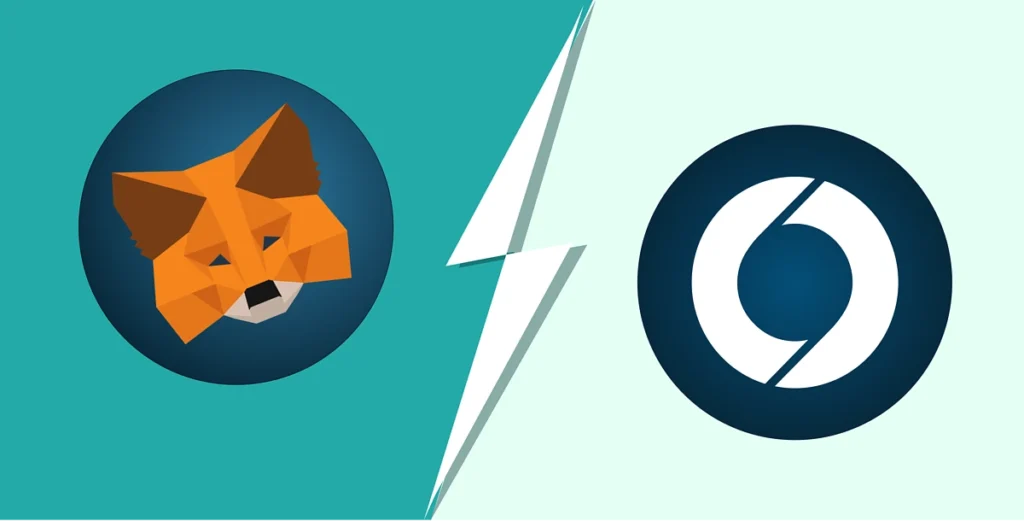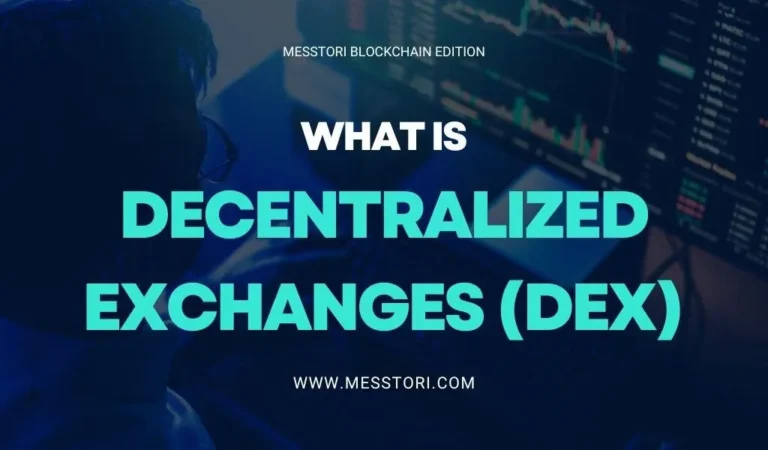In today’s rapidly evolving digital world, the smart contract is emerging as a foundational technology within the blockchain and decentralized ecosystem. With its ability to self-execute without third-party involvement, the smart contract simplifies processes, enhances security, and unlocks new levels of efficiency across various industries.
What Is a Smart Contract?
A smart contract is a self-executing agreement written in code and stored on a blockchain. When specific conditions are met, the contract automatically enforces itself—without needing intermediaries like banks, lawyers, or notaries. This concept, originally introduced by cryptographer Nick Szabo in 1994, only became feasible with the rise of blockchain platforms like Ethereum that support decentralized applications and programmable logic.
How Does a Smart Contract Work?
A typical smart contract works through three core stages:
1. Coding the Contract
Developers write the contract using programming languages such as Solidity (for Ethereum) or Rust (for Solana). The code includes conditional logic to define how the contract should behave when certain triggers are met.
Example: “If user A sends 10 ETH to user B, then ownership of a digital asset is transferred from B to A.”
2. Deployment to the Blockchain
Once completed, the smart contract is deployed onto a blockchain network. The blockchain acts as a public ledger that records every transaction transparently and immutably.
3. Automated Execution
When the predefined conditions are met, the smart contract executes automatically. No manual intervention is required, ensuring fast, secure, and trustless transactions.
Key Features of Smart Contracts
Automation
Smart contracts execute tasks automatically, reducing the need for manual oversight and third parties.
Transparency and Immutability
All contract terms are publicly visible on the blockchain. Once deployed, they cannot be altered unless by mutual agreement of the entire network.
Enhanced Security
Protected by strong cryptographic methods, smart contracts are highly resistant to tampering or hacking.
Trustless Transactions
Because execution is governed entirely by code, participants don’t need to trust each other—only the system.

Why Are Smart Contracts Important?
Lower Transaction Costs
By removing intermediaries like banks or lawyers, smart contracts significantly reduce transaction fees.
Faster Processing
Transactions can be completed in real-time, without the delays typical of traditional contract execution.
Fraud Prevention
Since all actions are recorded on an immutable ledger, smart contracts minimize the risk of manipulation or fraud.
Global Accessibility
Anyone with internet access can create or interact with a smart contract, enabling global participation and cross-border transactions.
Real-World Applications of Smart Contracts
Decentralized Finance (DeFi)
Platforms like Uniswap and Aave use smart contracts to automate trading, lending, and borrowing without relying on centralized institutions.
Supply Chain Management
Smart contracts can track goods from origin to delivery, verify hand-offs, and release payments automatically upon delivery confirmation.
Real Estate
Ownership transfers and payments can be executed automatically, eliminating the need for brokers or notaries.
Insurance
Smart contracts can automatically issue payouts when certain conditions—like flight delays or verified medical claims—are met.
NFTs and Digital Rights
Smart contracts enable the creation and resale of NFTs, ensuring that creators receive royalties each time their work is sold.
Challenges of Smart Contract Implementation
Legal Recognition
Many jurisdictions still lack clear legal frameworks for enforcing smart contracts, making dispute resolution complex.
Code Vulnerabilities
Poorly written code can lead to exploitation, as seen in high-profile incidents like the DAO hack in 2016.
Scalability Issues
Popular blockchains such as Ethereum face congestion and high gas fees, limiting the widespread adoption of smart contracts during peak times.
The Future of Smart Contracts
The integration of blockchain oracles—which supply real-world data to smart contracts—is expanding their capability beyond on-chain data. This will allow smart contracts to react to weather conditions, asset prices, and other external events. As blockchain networks evolve, smart contracts are poised to revolutionize everything from global finance and commerce to government operations.
Suggest: Top 12 best Crypto Presale 2025: Promising projects to explode your portfolio
Conclusion
Smart contracts are redefining how digital transactions are executed. With benefits like automation, transparency, and reduced costs, they provide a powerful foundation for the decentralized economy of the future. While legal and technical hurdles remain, the potential of smart contracts is undeniable—and their role in tomorrow’s digital infrastructure is only set to grow.
- Centralized Exchange (CEX): The Ultimate Beginner’s Guide to Secure and Profitable Crypto Trading
- Blockchain Life 2025 hosts Worldwide crypto leaders in Moscow
- Leading Digital Marketing Agency | Fintech24h
- What is Crypto Presale and how they work: A complete guide
- Stay Ahead of the Curve Growth Hacking Blockchain for Competitive Advantage








